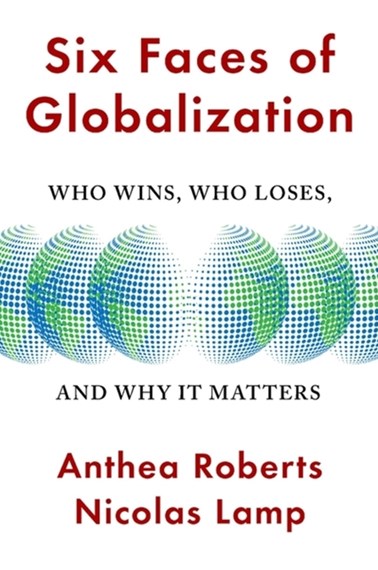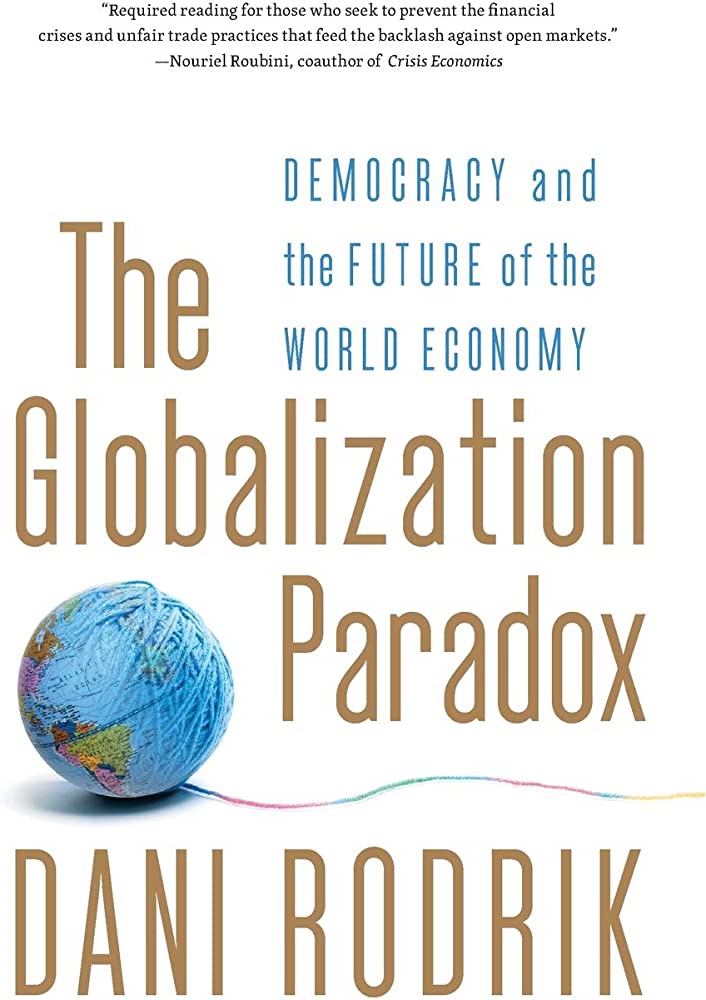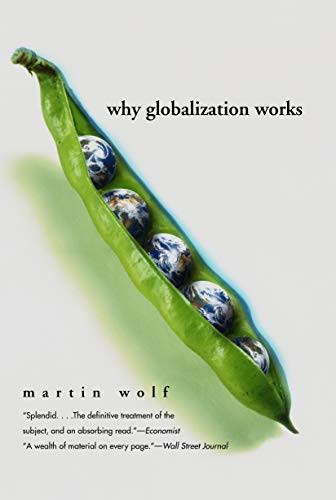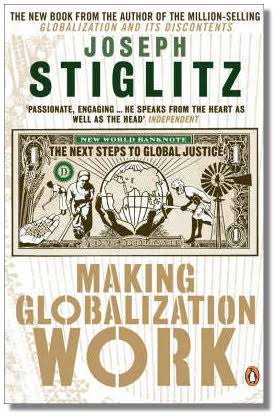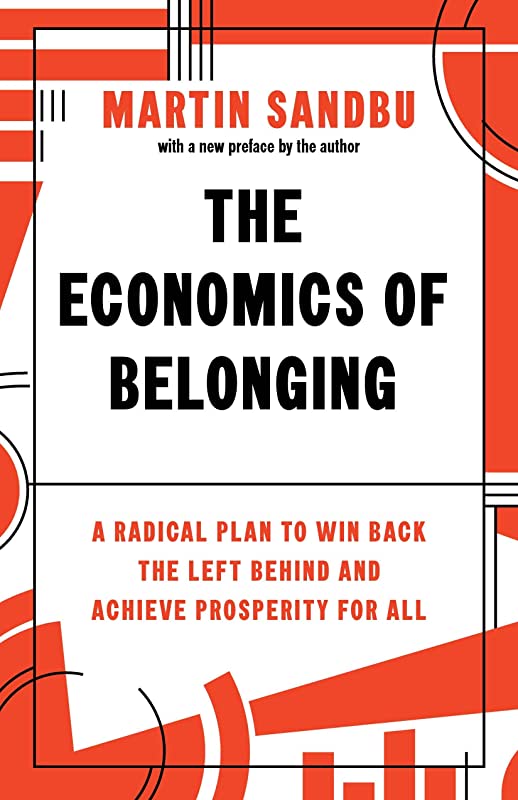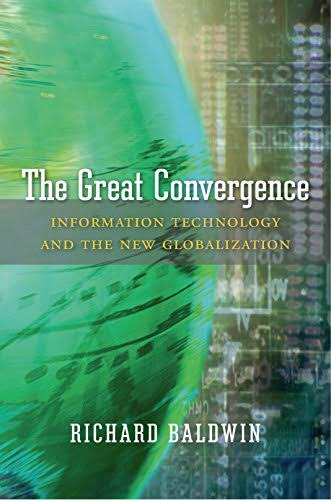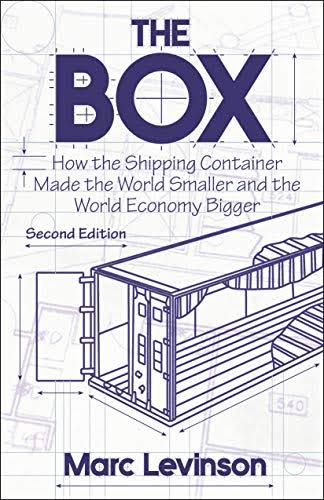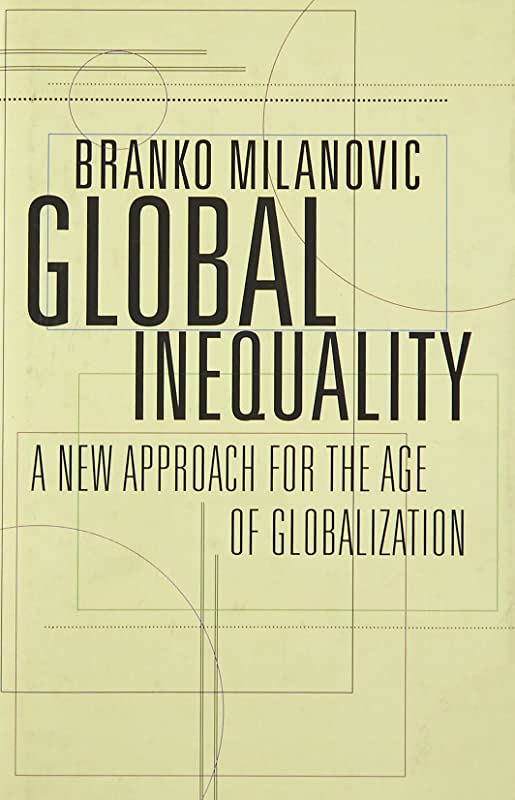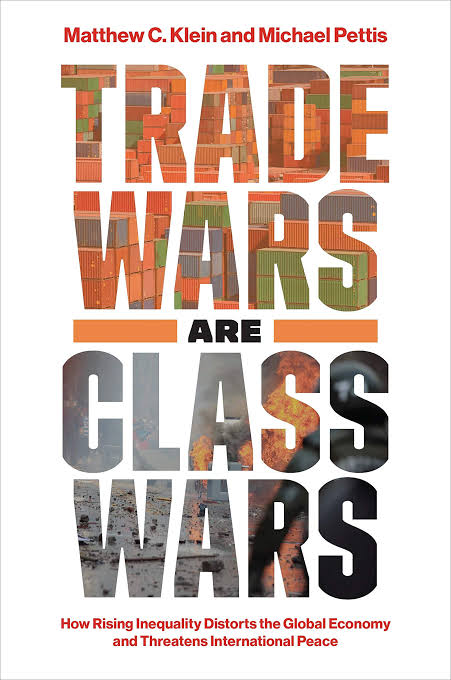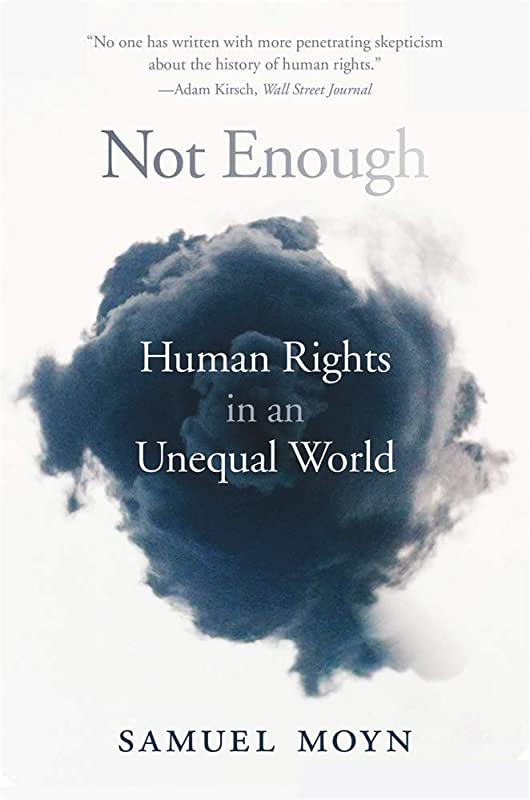Thread by Michael Thrower
- Tweet
- Feb 14, 2023
- #Globalization
Thread
10 Top Books on Globalisation
1) Six Faces of Globalisation - @AntheaERoberts + Lamp
Definitely the best place to start. Presents 6 competing narratives people have about globalisation. It's worth engaging with all of them, challenge your priors and learn other worldviews.
1) Six Faces of Globalisation - @AntheaERoberts + Lamp
Definitely the best place to start. Presents 6 competing narratives people have about globalisation. It's worth engaging with all of them, challenge your priors and learn other worldviews.
2) The Globalisation Paradox - @rodrikdani.
Rodrik argues while globalisation has wide benefits, we should remember the tradeoffs: national self-determination, democracy and economic hyper globalisation conflict, we can only have 2 focuses. Great book from a nuanced thinker.
Rodrik argues while globalisation has wide benefits, we should remember the tradeoffs: national self-determination, democracy and economic hyper globalisation conflict, we can only have 2 focuses. Great book from a nuanced thinker.
3) Why Globalisation Works - @martinwolf_.
A spirited defence of global economic integration. Wolf argues why globalisation's critics have misplaced their anger, deconstructing their arguments. If you're looking for a more recent defence, check out Open by Kimberly Clausing.
A spirited defence of global economic integration. Wolf argues why globalisation's critics have misplaced their anger, deconstructing their arguments. If you're looking for a more recent defence, check out Open by Kimberly Clausing.
4) Making Globalisation Work - @JosephEStiglitz.
A reform agenda from one of globalisation's most prominent critics, covering IP, trade, climate change etc.
(While 'Globalisation and its Discontents' was more popular, this seems more policy focused and I never read the latter)
A reform agenda from one of globalisation's most prominent critics, covering IP, trade, climate change etc.
(While 'Globalisation and its Discontents' was more popular, this seems more policy focused and I never read the latter)
5)The Economics of Belonging - @MESandbu.
Sandbu challenges the idea that the 'left behind' in our society is a natural consequence of globalisation. Instead he argues technological change + poor gov policy is to blame, and is very reversible. Worth reading.
Sandbu challenges the idea that the 'left behind' in our society is a natural consequence of globalisation. Instead he argues technological change + poor gov policy is to blame, and is very reversible. Worth reading.
6) The Great Convergence - Richard Baldwin.
Global integration peaked just before WW1 and only relatively recently recovered. Today's globalisation however looks v different to the past, with global supply chains for goods. Why? Baldwin provides an answer, information technology
Global integration peaked just before WW1 and only relatively recently recovered. Today's globalisation however looks v different to the past, with global supply chains for goods. Why? Baldwin provides an answer, information technology
7) The Box - Marc Levinson.
Yes the removal of legal trade barriers helped bring about globalisation, but this single invention did a lot of the lifting. An incredibly engaging history covering trade, labour movements and the shrinking of the world for goods.
Yes the removal of legal trade barriers helped bring about globalisation, but this single invention did a lot of the lifting. An incredibly engaging history covering trade, labour movements and the shrinking of the world for goods.
8) Global Inequality - @BrankoMilan.
Milanovic is a leading specialist in global inequality and it's evolution. This work examines the changing importance class and nationality over the last centuries, or in his words "From Karl Marx to Frantz Fanon, and Then Back to Marx".
Milanovic is a leading specialist in global inequality and it's evolution. This work examines the changing importance class and nationality over the last centuries, or in his words "From Karl Marx to Frantz Fanon, and Then Back to Marx".
9) Trade Wars are Class Wars - @M_C_Klein + @michaelxpettis.
In a global economy, the domestic can become global. This fascinating work revives an old JA Hobson argument, that wage repression can lead to a savings glut which must be exported, applying this to China and Germany.
In a global economy, the domestic can become global. This fascinating work revives an old JA Hobson argument, that wage repression can lead to a savings glut which must be exported, applying this to China and Germany.
10) Not Enough - @samuelmoyn.
Not technically an Econ book but essential in understanding the changing ideologies which shape our worldviews. Moyn details how a nationally based ideology of equality was replaced by a global one of 'sufficiency' (or minimums).
Not technically an Econ book but essential in understanding the changing ideologies which shape our worldviews. Moyn details how a nationally based ideology of equality was replaced by a global one of 'sufficiency' (or minimums).
